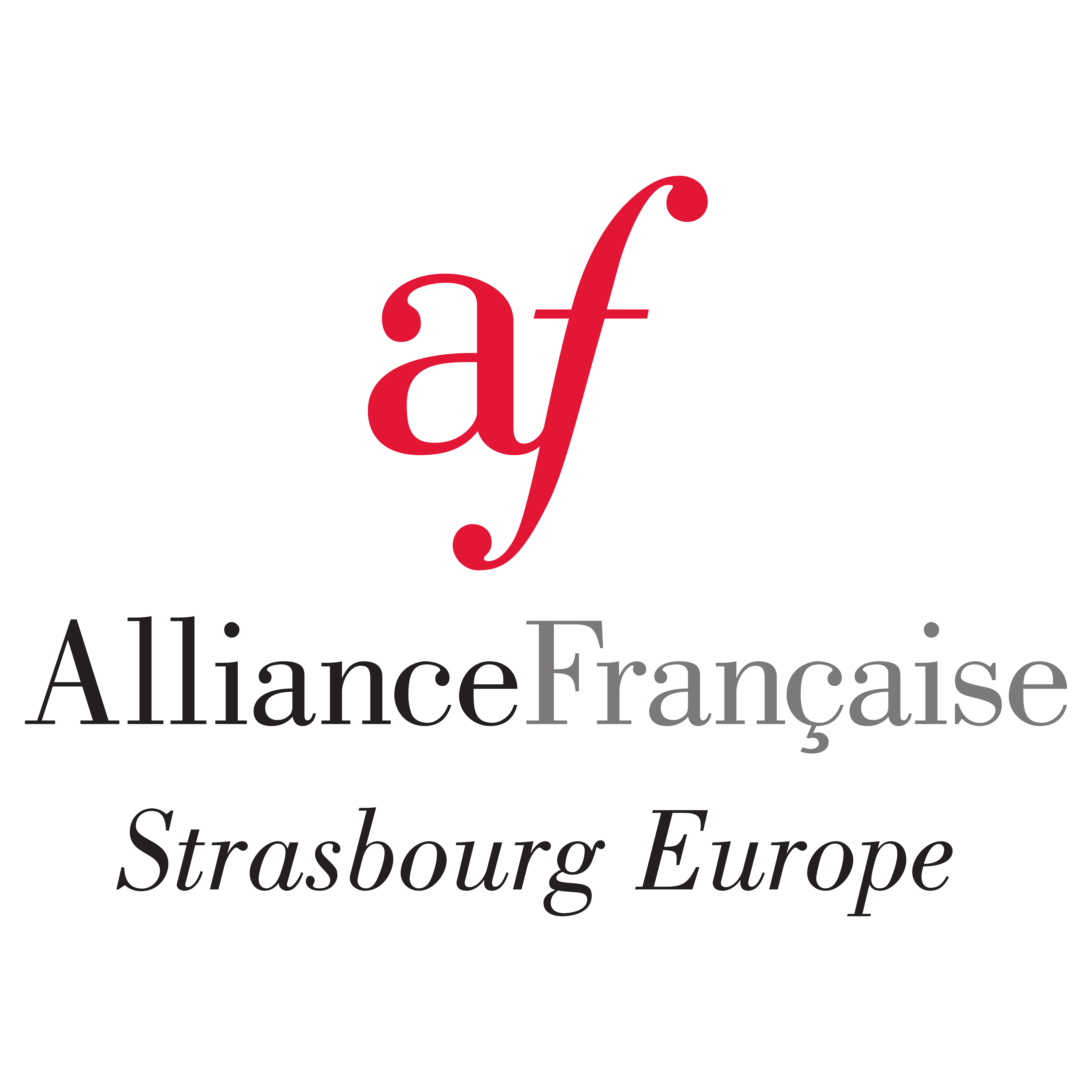Our quality approach

All our training programs follow the recommendations of the Council of Europe’s Common European Framework of Reference for Languages (CEFR).
This internationally recognized and used reference for language teaching, particularly French as a Foreign Language, allows all our students to know where they stand in the progression of their learning of the French language and therefore to better target their needs.
AFSE has chosen excellence: our language school obtained the double label Qualité FLE and QUALIOPI in 2021 following a reform of professional training and in particular the recognition of the interministerial commission of labeling by France Compétences. For more information: www.qualitefle.fr
The French as a Foreign Language Quality label is the result of a quality assurance process undertaken by three French ministries: the Ministry of National Education, Higher Education and Research, the Ministry of Culture and Communication and the Ministry of Foreign Affairs and International Development, all members of the interministerial labeling commission that issues the label and evaluates the training centers every four years.
The Qualité FLE (French as a Foreign Language) label was created by decree in 2007, in order to identify, recognize and promote French as a Foreign Language centers whose linguistic offer and services present quality guarantees.
The aim of the Label Qualité FLE is to accompany the school in the development of a continuous quality improvement process. AFSE participates fully in this permanent and regular quality process, and aims for the total satisfaction of its learners.
Through this quality assurance process, the French government is committed to recognizing the quality of the services provided by French language centers and to promoting all of the certified centers through the French network of diplomatic posts, institutes and alliances.
For its French courses, our school has chosen the communicative and actional approach. It is a pedagogical approach focused on the language needs of the learner, based on the reality of the situations he/she encounters in his/her daily life and at work, through the objectives of the tasks to be carried out. For example, we will provide the learner with the linguistic, methodological and socio-cultural means to write an argumentative note, to produce an oral summary on a defined subject, to lead a meeting, to argue or to manage a team.
This approach advocates oral interaction as the basis of language activity and encourages students to express themselves in the target language in all courses. The written word consolidates what has been learned and ensures that it will last.
Thus, what is learned in class can be directly and immediately reinvested in professional and private life.
We systematically offer a free and compulsory placement test before the first course: each of our students, following several tests (written and oral), is placed in the class of the level that corresponds to him/her for an optimal positioning according to his/her language needs and objectives.
This placement test is also part of our communicative and actional approach, since what is tested is not only the structure of the language, but also the ability to communicate and transmit coherent and constructed messages in the target language, both orally and in writing.
In addition, students at our school who have particular difficulties in acquiring certain knowledge or skills during this period of study will be able to benefit from tutoring sessions offered by trainee teachers, to reinforce their confidence in the practice of the language.
This personalized support can take the form of short sessions (generally 3/4 of an hour) in person or to be organized remotely, focusing on a specific theme or problem to be reworked for learners in difficulty.

